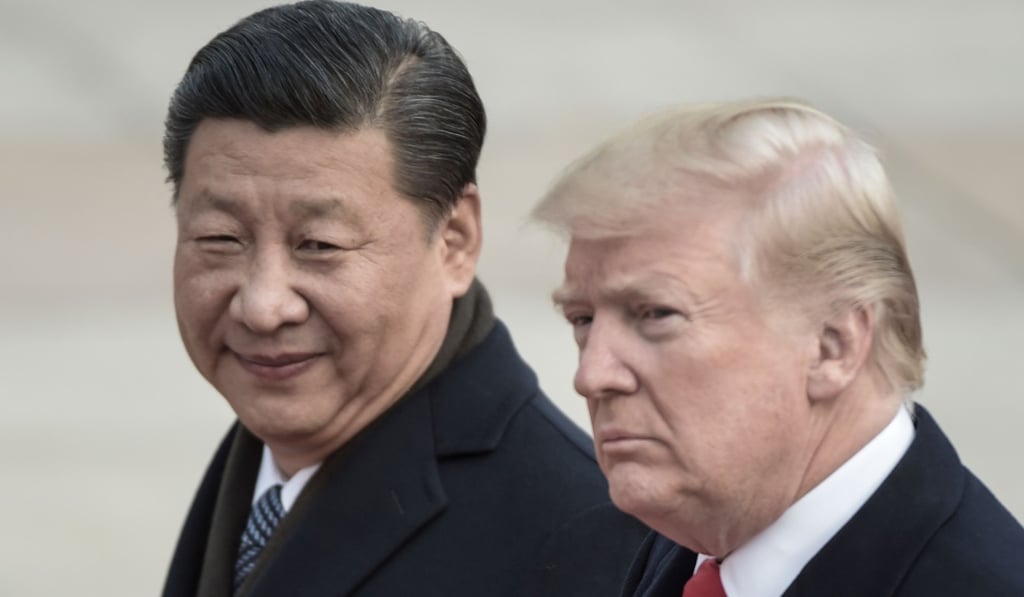Calls made for ceasefire in ‘visa war’ targeting Chinese and US academics as FBI interviews and failed applications cause frustration
- White House adviser Michael Pillsbury could not take part in a forum in Beijing on April 14, because his visa was not granted in time.
- Subtle diplomacy by universities and think tanks is still a casualty of the situation

China and the United States may be close to reaching a deal on the trade war, but strains persist in the academic exchanges that have played a vital role in relations between the two countries.
Several prominent Chinese specialists in American affairs at universities and government-affiliated think tanks said they were questioned by FBI agents during trips to the US about alleged spying for Chinese intelligence agencies.
Some said their visas were revoked and complained that paperwork took so long it had become difficult to attend events or discussions in the US.
Similarly, White House adviser Michael Pillsbury could not take part in a forum on China’s international relations in Beijing organised by the Centre for China and Globalisation on April 14, because his visa was not granted in time. He submitted the application on March 22.

Pillsbury said the Chinese embassy did not say his application was rejected.
“The embassy did not decline to issue a visa and they probably needed more time,” Pillsbury told the South China Morning Post.